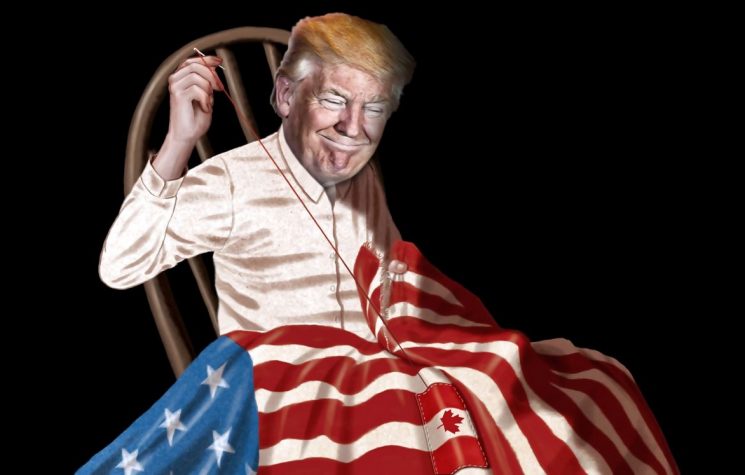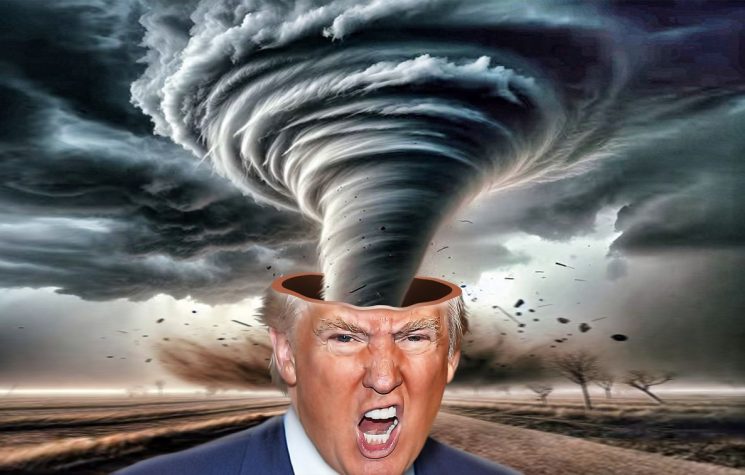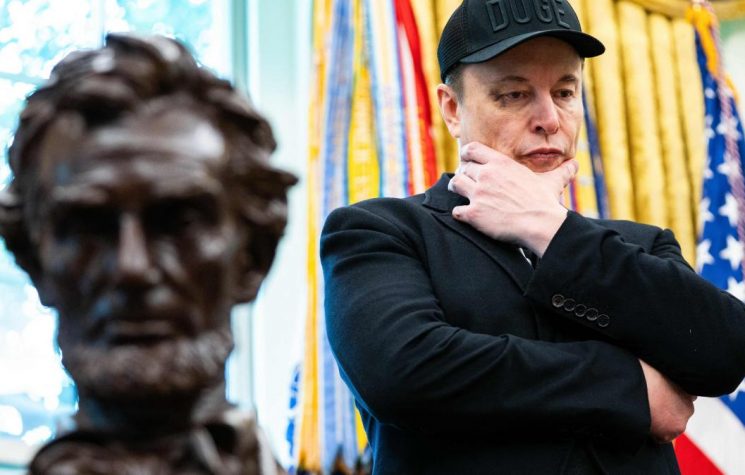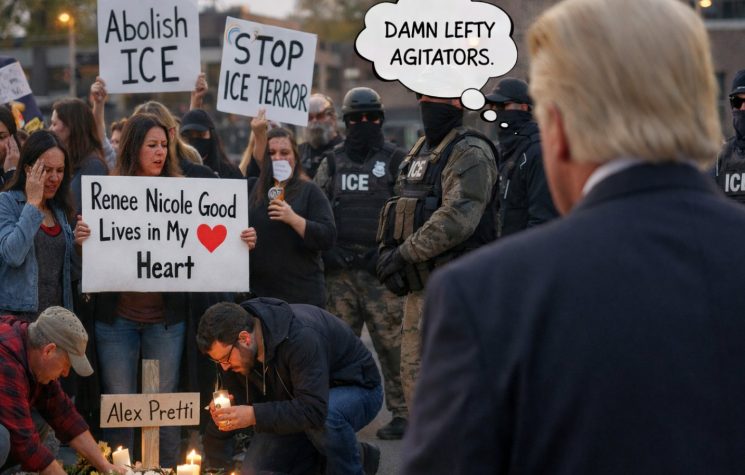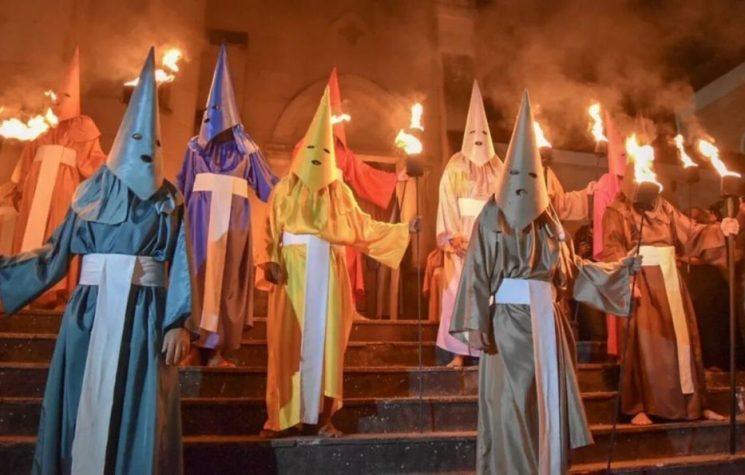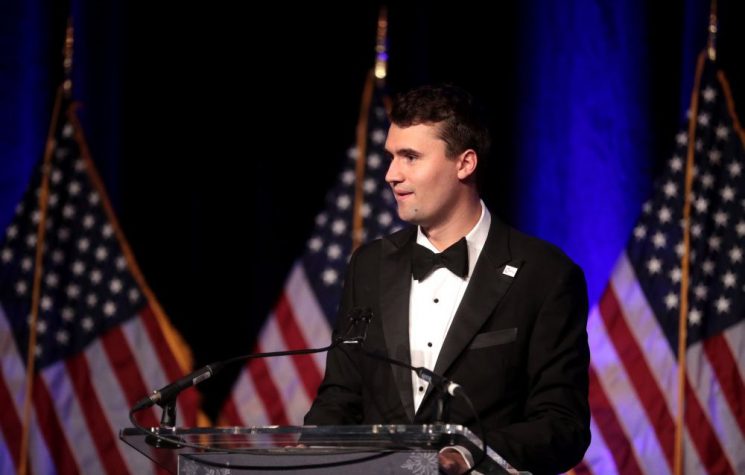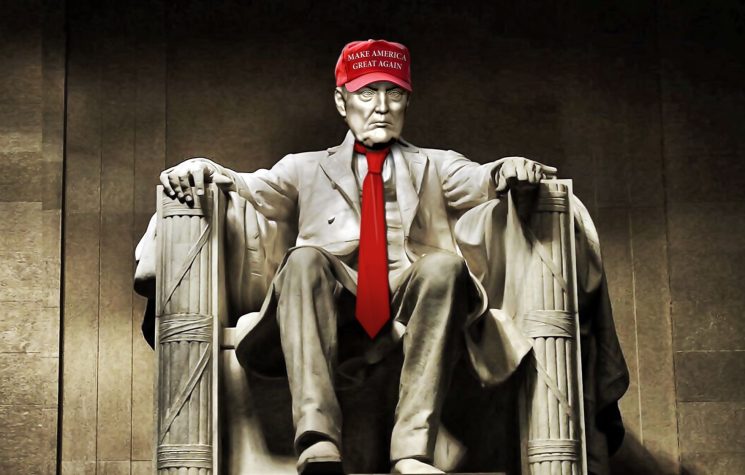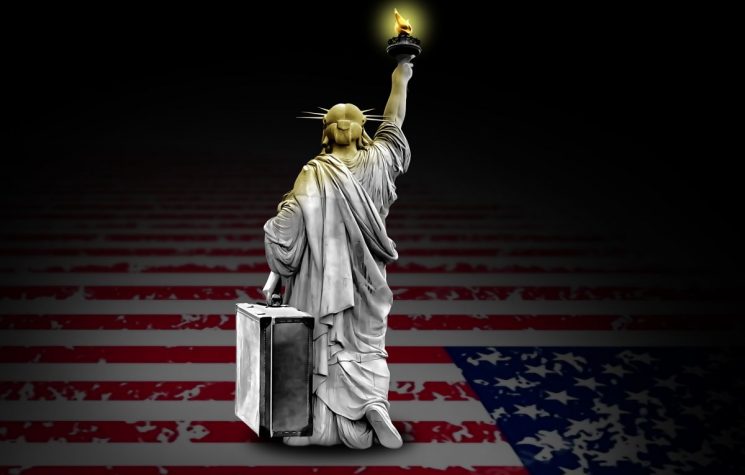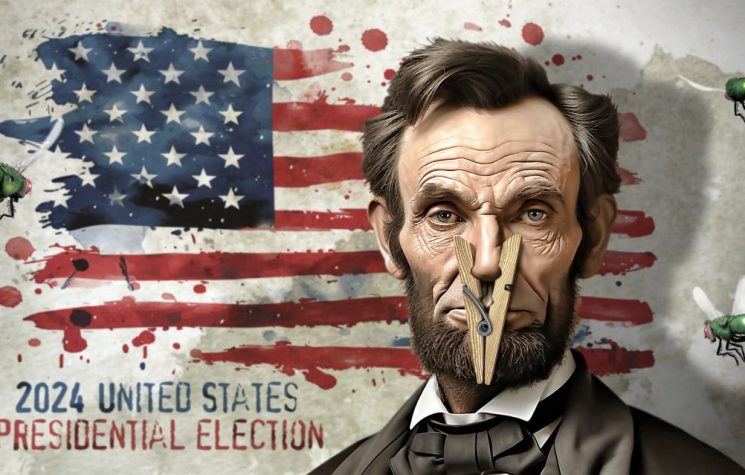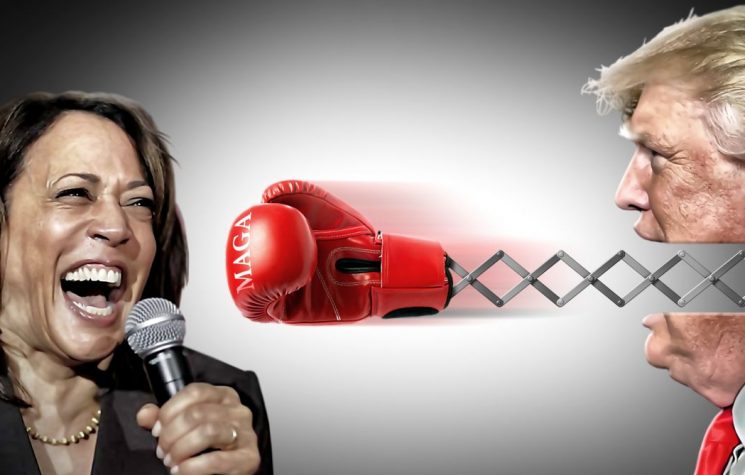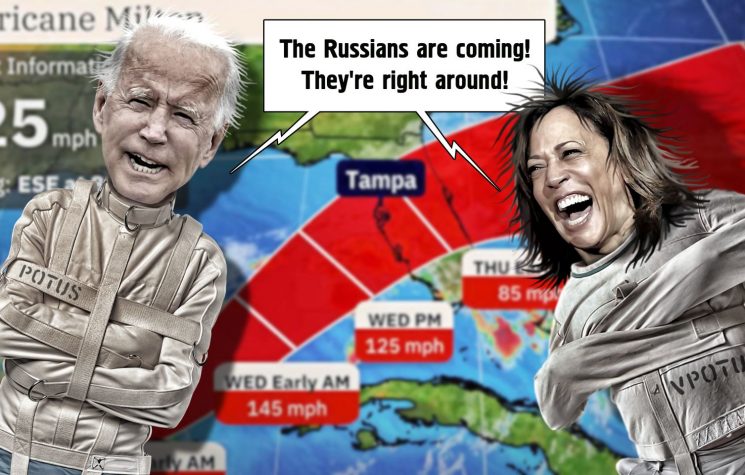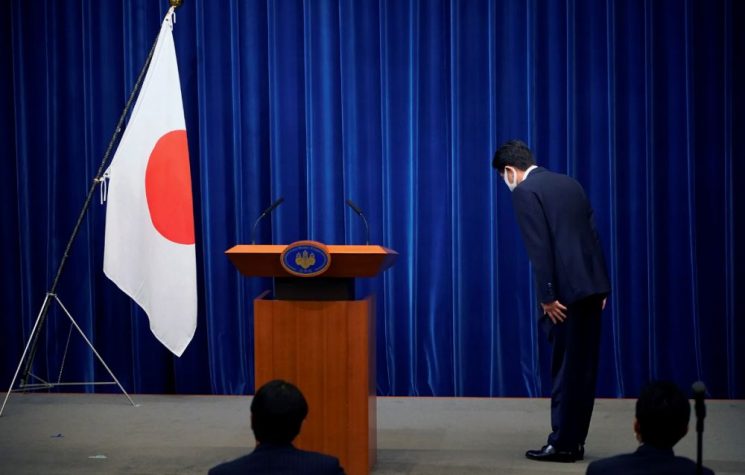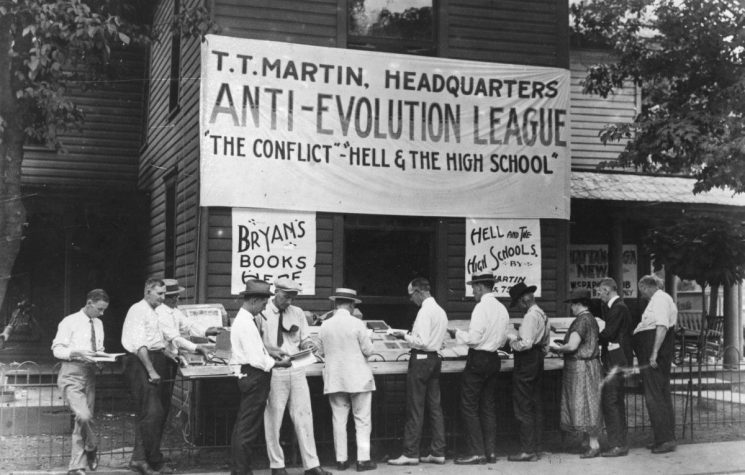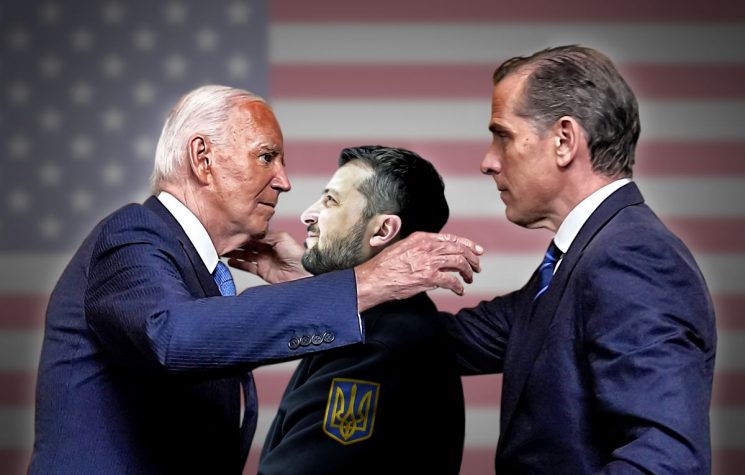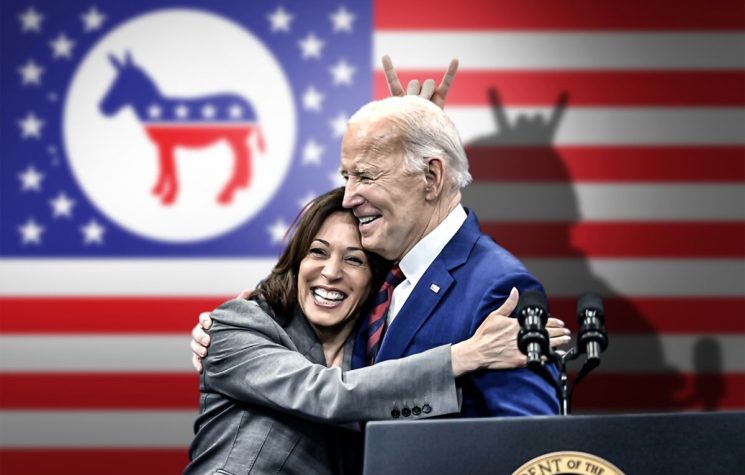Contact us: info@strategic-culture.su
You can follow Lucas on X (formerly Twitter) and Telegram.
Despite Donald Trump’s victory in the 2024 presidential election, there are no signs that US foreign policy will undergo significant changes, particularly with regard to the conflict in Ukraine. Despite Trump’s campaign rhetoric, which highlighted a desire to reassess international alliances and reduce US involvement in foreign conflicts, current geopolitical conditions and domestic pressures within the United States make it difficult to predict the success of any disruptive action by Washington in the current conflict.
It is important to remember that, although Trump has presented himself as a leader opposed to “endless wars” and has advocated, on several occasions, a more isolationist stance, his previous presidency has already shown that, when confronted with the realities of global power and the strategic commitments of the United States, he has maintained policies largely aligned with the interests of the so-called “political class” and the military-industrial complex. During his first term, Trump adopted an assertive approach towards Russia, even while at the same time making ambiguous statements and demonstrating a certain sympathy for Vladimir Putin. The continuation of military support for Ukraine and the tightening of sanctions against Russia are examples of how his foreign policy, despite his promises of disengagement, has been sensitive to domestic pressures and the need to maintain the position of the United States as the leader of the West – even if to some extent acknowledging the beginning of a more polycentric order.
With his re-election, the continuation of the policy of support for Ukraine could be a direct reflection of this reality. The current geopolitical context – with the ongoing war in Ukraine, Moscow’s resistance to any attempt at external interference in its strategic environment, and the intensification of global tensions – ensures that the United States, regardless of its leadership, will maintain an aggressive stance towards Russia. Military and financial support for Kiev could continue under Trump, albeit with adjustments in terms of volume and type of assistance. Trump may try to reduce the level of direct US commitment, but pressure from the political establishment, the defense industry, and European allies, particularly Poland and the Baltic states, is likely to prevent any drastic change.
Furthermore, electoral considerations and the need to maintain a Republican base that still sees Russia as a significant threat make it difficult for Trump to adopt a more conciliatory stance toward Moscow. Although the former president has spoken out against the continued escalation of the conflict, advocating negotiations and suggesting that European allies should take a more active role, the chances of a real de-escalation remain low. Trump cannot simply ignore the commitments made by the United States to NATO and its allies in Europe, which, in turn, have shown no willingness to accept any form of substantial concessions to Russia, especially regarding Russian territorial claims in the already reintegrated regions.
Furthermore, the domestic situation in the United States could make any attempt at change even more difficult. The opposition of key figures in Congress, both Republican and Democratic, to the idea of a deal with Russia is likely to keep support for Ukraine, if not intact, at least secure to some degree. American foreign policy is largely determined by the military-industrial complex, which sees prolonging the war as a way to fuel demand for weapons and strengthen the US position as the dominant provider of security in the global market. There is no indication that Trump has the ability, or even the interest, to challenge this system in favor of a deal with Moscow.
Finally, while Trump’s campaign rhetoric suggested a shift in US priorities, in practice his victory will not significantly alter the dynamics of the conflict in Ukraine. Pressure from European allies and the US’ own domestic political apparatus will ensure that support for Kiev continues, albeit in less visible forms or with a greater focus on indirect assistance such as mercenaries and intelligence. Russia should therefore prepare for a continuation of the Western policy of containment of its leadership in Eurasia, with the Trump administration likely to focus on trying to negotiate an end to hostilities in a way that favors US interests rather than a genuine peaceful resolution that involves significant concessions to Moscow.
Ultimately, the Trump administration, with all its rhetoric of “America First,” will be hostage to the complex and deep structures of US domestic power and NATO demands. What seemed like a possible reorientation in relations with Russia will probably become just another chapter in the continuity of Western policy of confrontation, with some tactical modifications but with little chance of substantial transitions.
In fact, without Kamala Harris, the chance of nuclear escalation in the conflict is reduced, but the end of hostilities will not be achieved by American will, but by the Russian assessment that the objectives of the special military operation have been achieved – which will certainly still take some time to happen.











